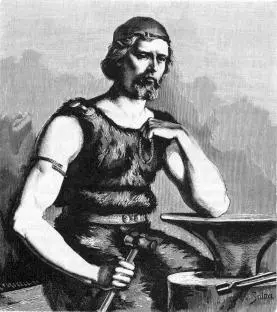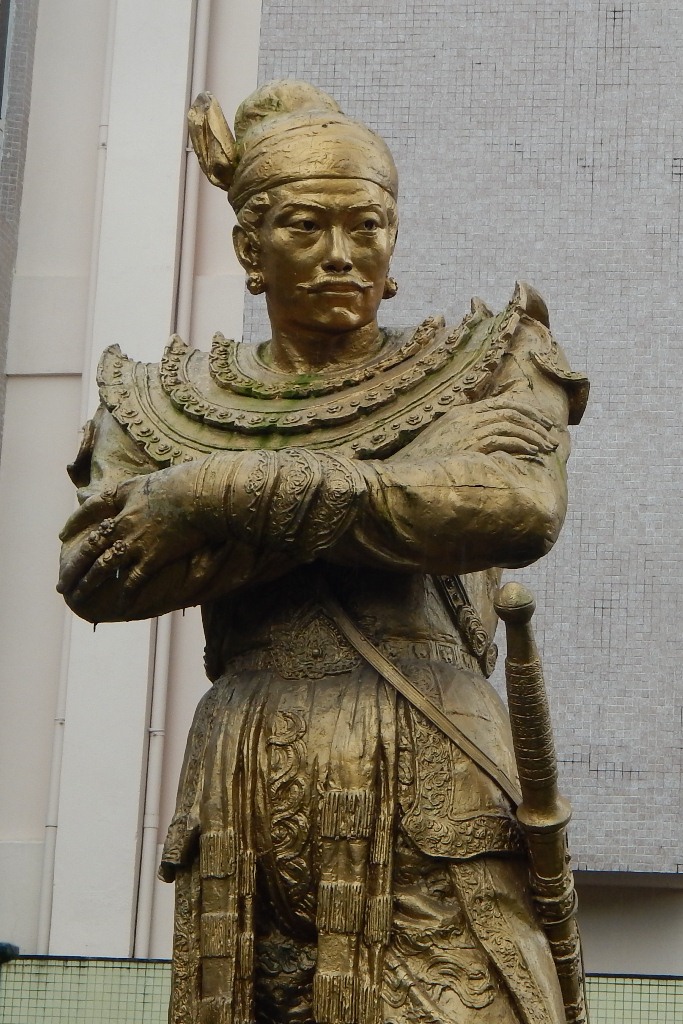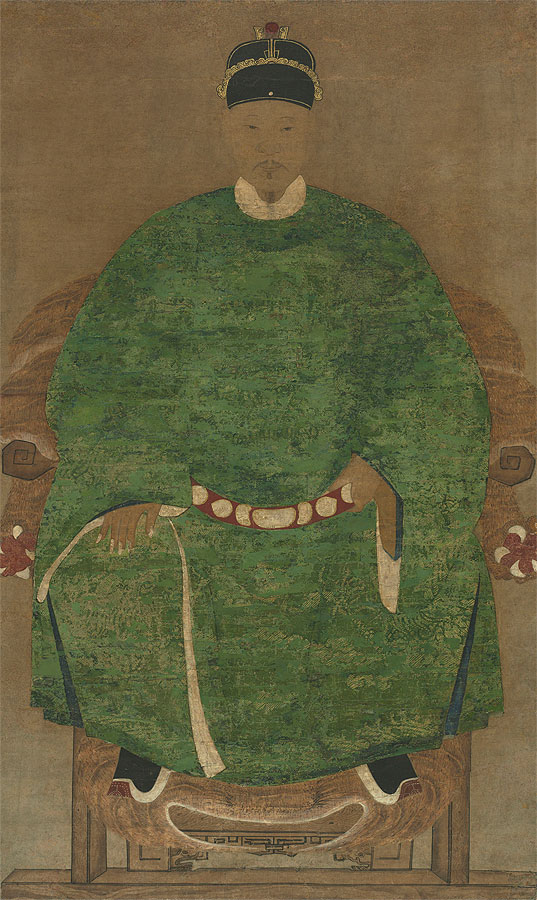Wayland the Smith

In Germanic mythology, Wayland the Smith (Old English: Wēland; Old Norse: Vǫlundr [ˈvɔlundr̩], Velent [ˈvelent]; Old Frisian: Wela(n)du; German: Wieland der Schmied; Old High German: Wiolant; Galans (Galant) in Old French; Proto-Germanic: Wēlandaz from Wilą-ndz, lit. "crafting one") was a legendary master blacksmith described by scholar Jessie Weston as "the weird and malicious craftsman, Weyland." Wayland's narrative is most completely preserved in Old Norse sources, specifically the Völundarkviða (a poem in the Poetic Edda) and Þiðreks saga. These texts portray him as a smith enslaved by a king.
Seeking revenge, Wayland kills the king's sons and eventually escapes by crafting a winged cloak that allows him to fly away. Similar story elements appear in other sources, most notably the Old English poem Deor and the decorative panels of the Franks Casket. Beyond these detailed accounts, Wayland is referenced across numerous texts as a creator of exceptional weapons and armor, including in the Old English works Waldere and Beowulf.
German poems about Theoderic the Great identify him as the father of Witige. Tradition also credits him with forging several famous swords for Charlemagne and his paladins, including Curtana, Durendal, and Joyeuse.


